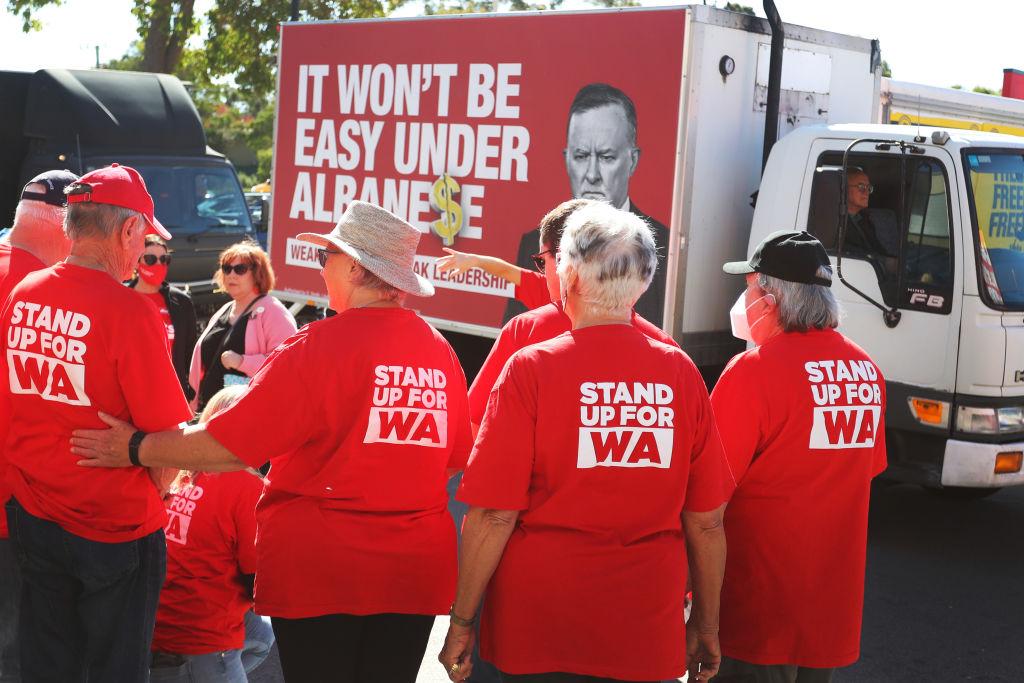The former head of the then-Australian Broadcasting Authority has expressed concerns over the federal Parliament’s attempts to legislate “truth” into all political advertising, a move that comes amid disillusionment with political discourse in general, as well as information censorship around issues like climate change.
David Flint, also a constitutional law professor, said it was not “possible or desirable” to legislate truth.





